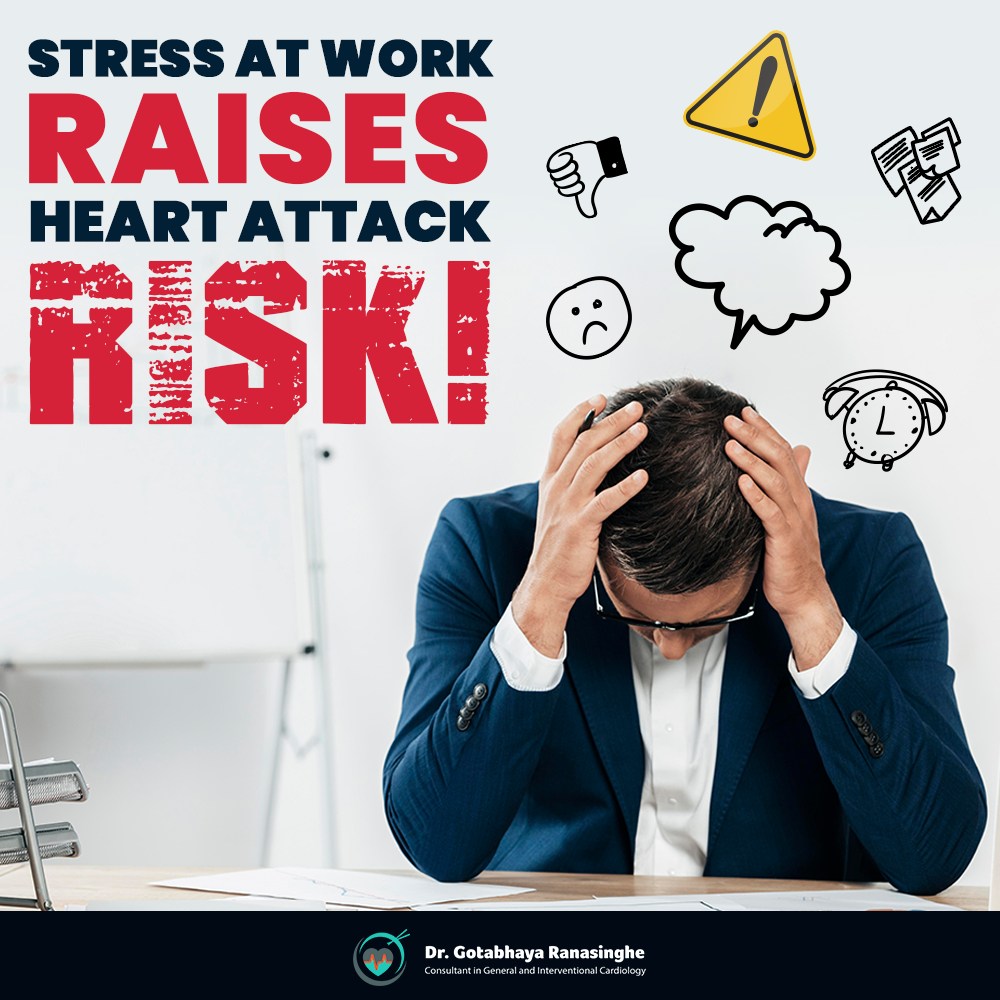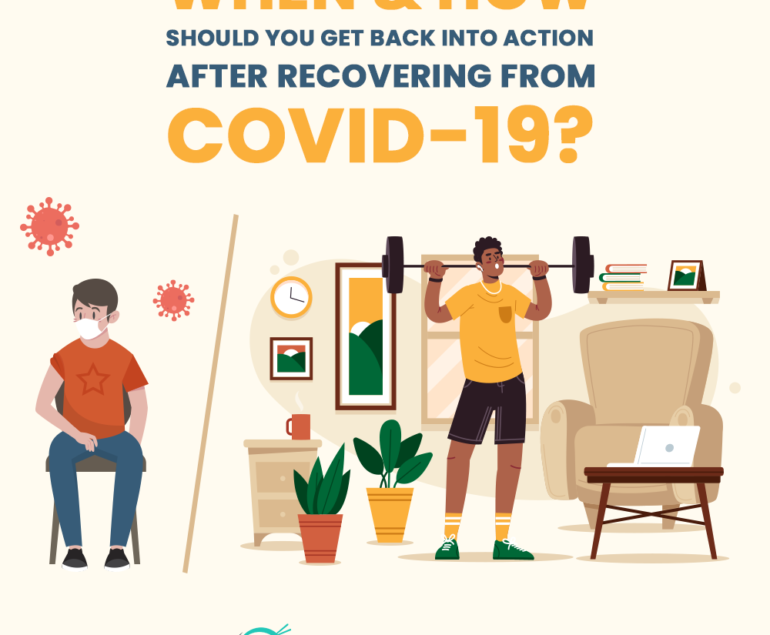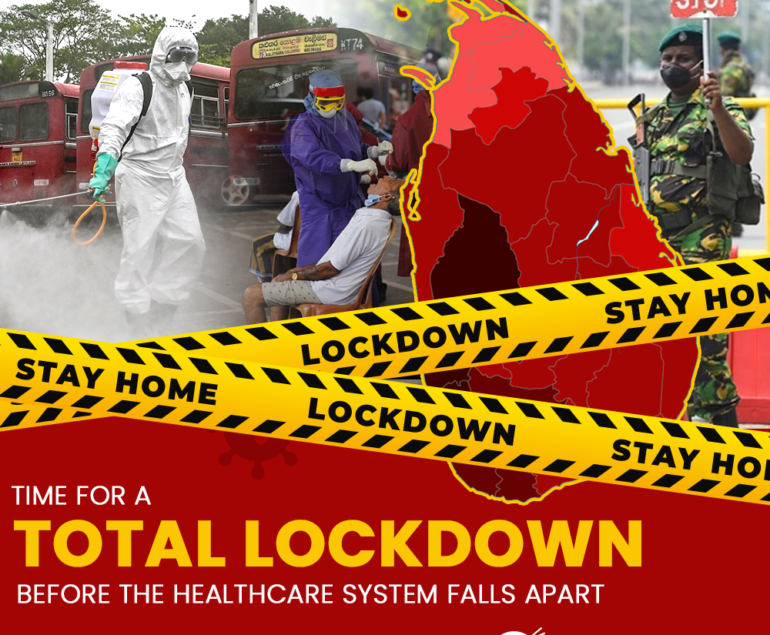Stress at work raises heart attack risk!
Does your job give you unusually high levels of fatigue, irritability, and grouchiness? Do you frequently lash out at your coworkers, loved ones, and friends? Do you find it difficult to focus on your work? Do you perspire and experience heart palpitations, which eventually lead to high blood pressure? Do you frequently stress eat, have trouble falling asleep at night, or feel the need to have one more drink or puff on a cigarette?
I have observed an upsurge in the number of young people experiencing heart attacks in recent years. After carefully examining each case, I found that, aside from chronic stress, none of them had any known conventional risk factors for heart attacks, such as hypertension, smoking, or alcohol use. They are typically young individuals engaged primarily in the corporate sector who report high levels of workplace stress.
Since heart attacks, high blood pressure, strokes, and other cardiovascular problems are all linked to increased psychological stress, it is time to discover an effective way to manage it.
𝙃𝙤𝙬 𝙩𝙤 𝙞𝙙𝙚𝙣𝙩𝙞𝙛𝙮 𝙬𝙤𝙧𝙠 𝙨𝙩𝙧𝙚𝙨𝙨?
Stress that lasts only a short while can give you the drive to complete a task or fulfill a deadline. You might do better when giving a speech in front of an audience. It can aid the decision-making process in an instant. However, excessive stress can be harmful to both your heart’s health and your general well-being. The effects of long-term (chronic) stress, which might include anger, sadness, worry, rumination, and anguish, can be brought on by persistent anxieties about work and the conditions that are connected to it.
Chronic stress can leave you feeling out of control of your emotions or behaviours and cause symptoms like stiff muscles, low energy, insomnia, headaches, and gastrointestinal symptoms. Your moods may change more frequently.
Most often, sufferers of chronic stress aren’t aware of their condition until it is too late. For this reason, I strongly advise you to pay closer attention to the signs I listed earlier and to get quick assistance with stress management.
𝙃𝙤𝙬 𝙙𝙤𝙚𝙨 𝙨𝙩𝙧𝙚𝙨𝙨 𝙖𝙛𝙛𝙚𝙘𝙩 𝙮𝙤𝙪𝙧 𝙝𝙚𝙖𝙧𝙩?
The amygdala, often known as the fear region of your brain, is activated when you experience stress or anxiety, telling your body to shift into “fight or flight” mode and flooding it with cortisol (the stress hormone) so that it can “respond” to the stress. Over time, increased levels of stress hormones can lead to endothelial dysfunction, inflammation of the coronary arteries, and elevated blood pressure. This promotes the formation of cholesterol deposits (plaques) in the coronary arteries, leading to angina, heart attacks, and strokes.
𝙒𝙝𝙖𝙩 𝙘𝙖𝙣 𝙮𝙤𝙪 𝙙𝙤 𝙩𝙤 𝙧𝙚𝙙𝙪𝙘𝙚 𝙨𝙩𝙧𝙚𝙨𝙨?
Your risk of heart attacks can be decreased with positive mental health.
• Discover stress-reduction strategies that will help you control your emotions and undo the harm that persistent stress may do to your body. Distract yourself from work and stress.
• Relate to others. Your risk of heart disease can increase if you isolate yourself. Keep your loved ones close because they can support you through difficult times.
• Consider taking up a hobby, a sport, reading, or practicing meditation or prayer that makes your life better and will make you feel relaxed.
• Get up from your desk and stretch or take a stroll during your lunch break. Spending time in green areas like parks helps reduce depressive and anxious moods.
• Exercise more and be more mindful. The parasympathetic nervous system of the body is stimulated by practices like mindfulness, simple forms of exercise, and yoga. This bodily portion aids in brain relaxation and lessens the effects of stress.
• Regular exercise helps manage weight, lower blood pressure, and protect against the many cardiovascular hazards, such as psychological stress, that are linked to heart attacks.
• Get adequate rest. Aim for 7 to 8 hours of sleep each night, and if necessary, take a quick nap.
Stress has great power. With work and determination, you can counteract the negative effects of stress on your body and heart. Try to enjoy your work and maintain composure under pressure. Laugh frequently and worry less. You will start to feel less stressed and start to appreciate what you do if you work with passion and with a positive attitude.
Remember, working with a stress-free, positive attitude would keep heart attacks at bay!




